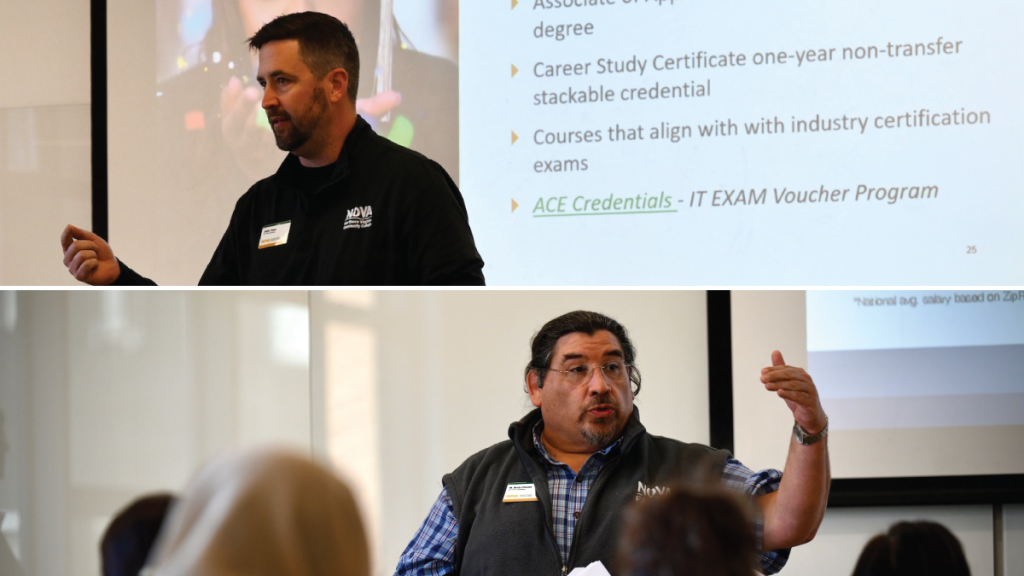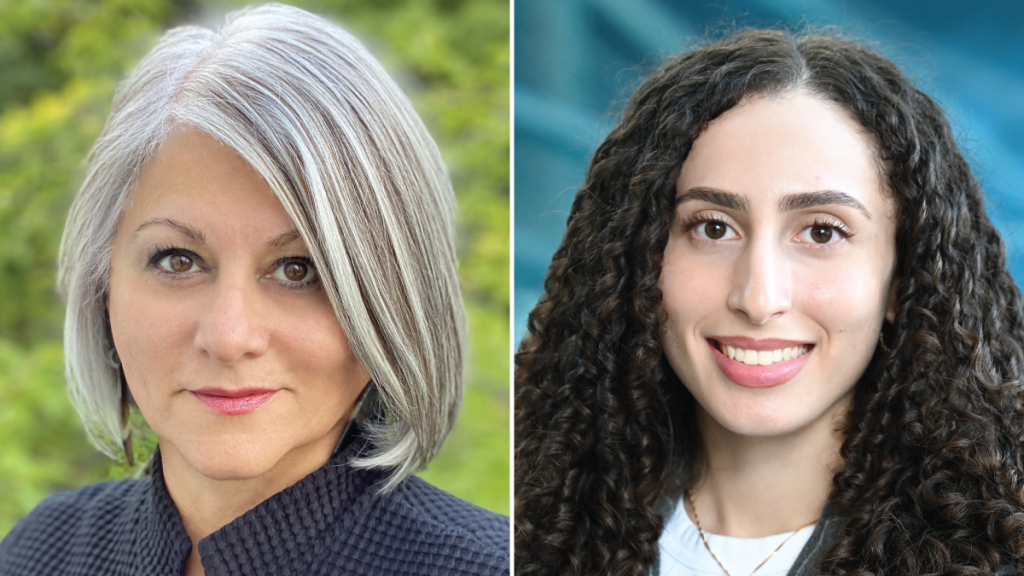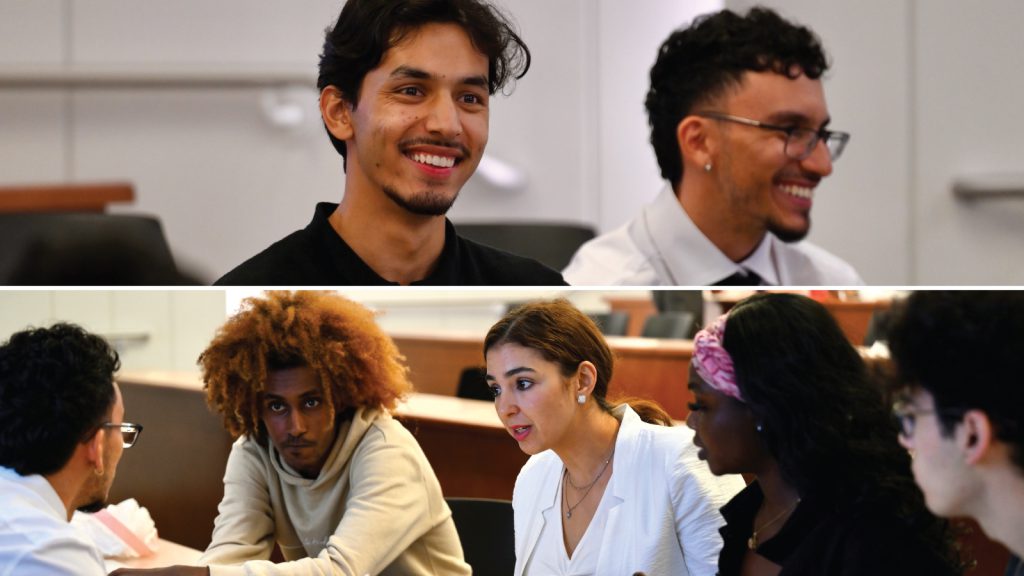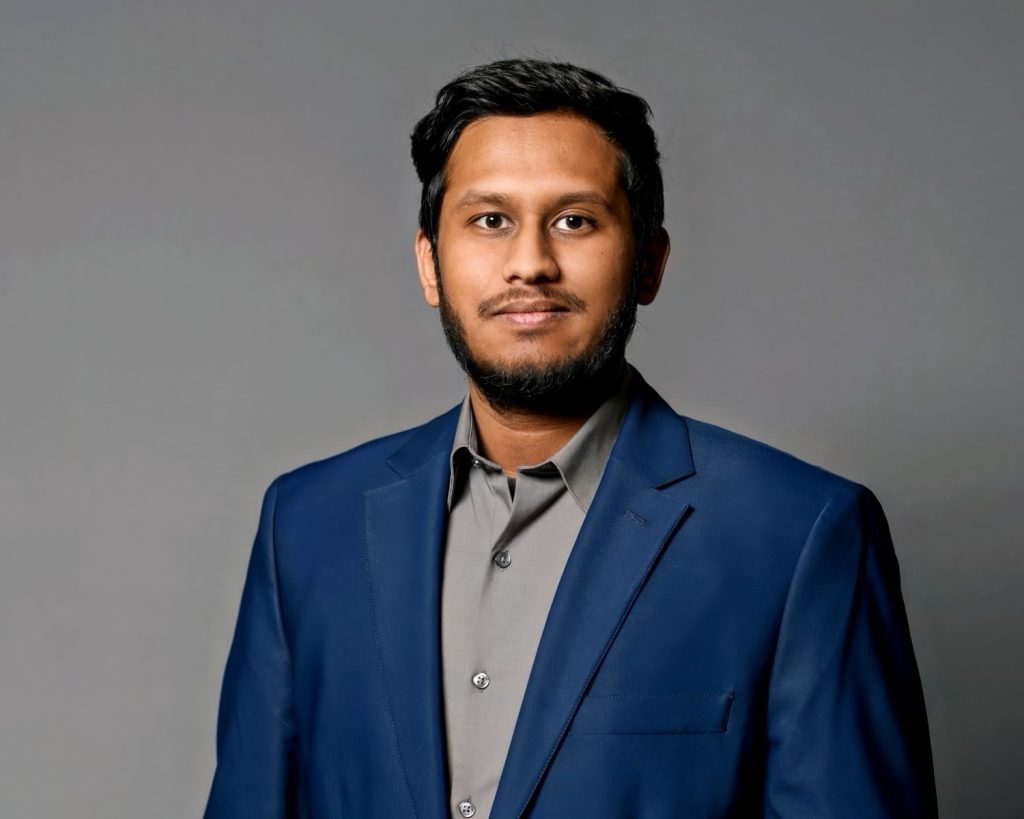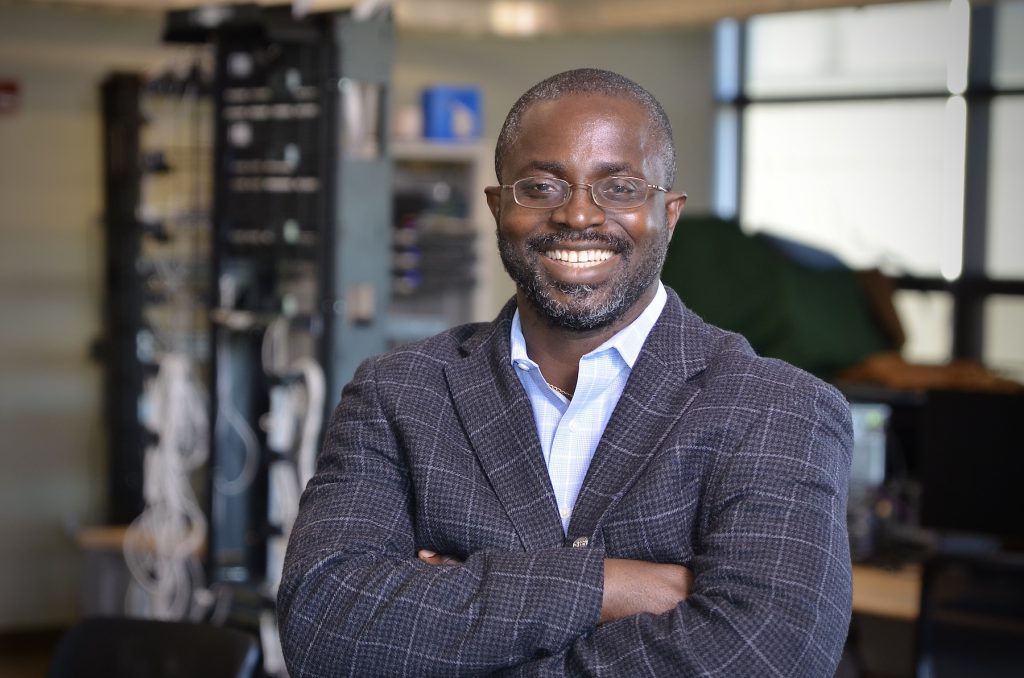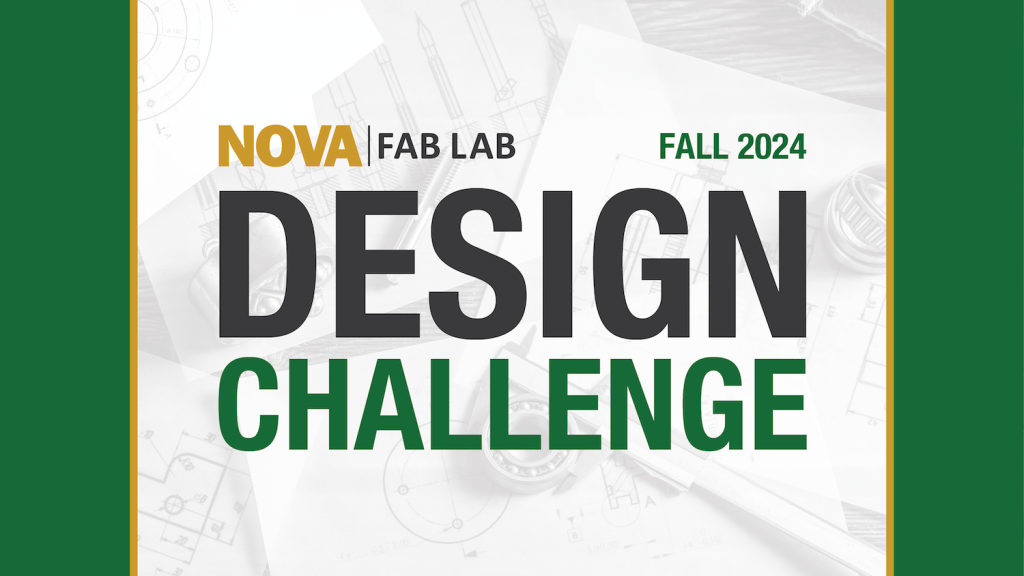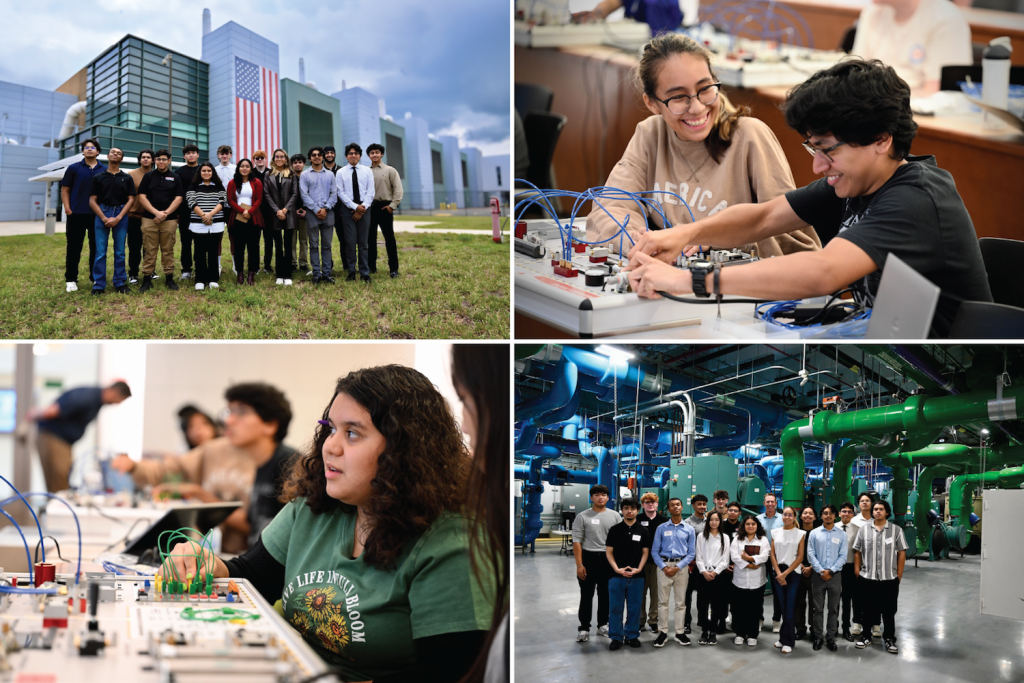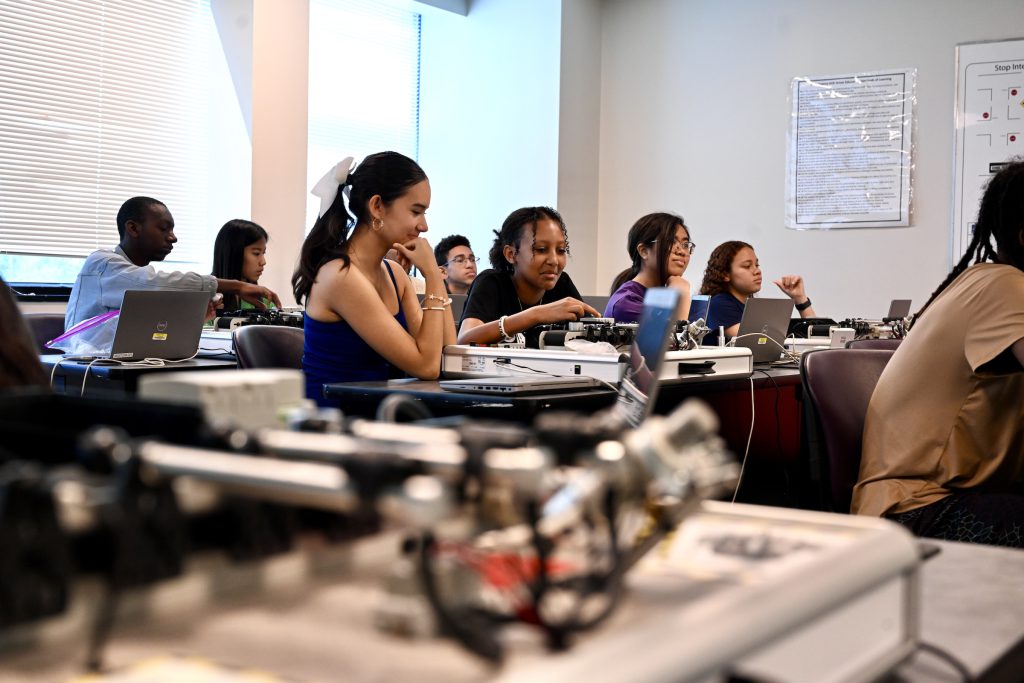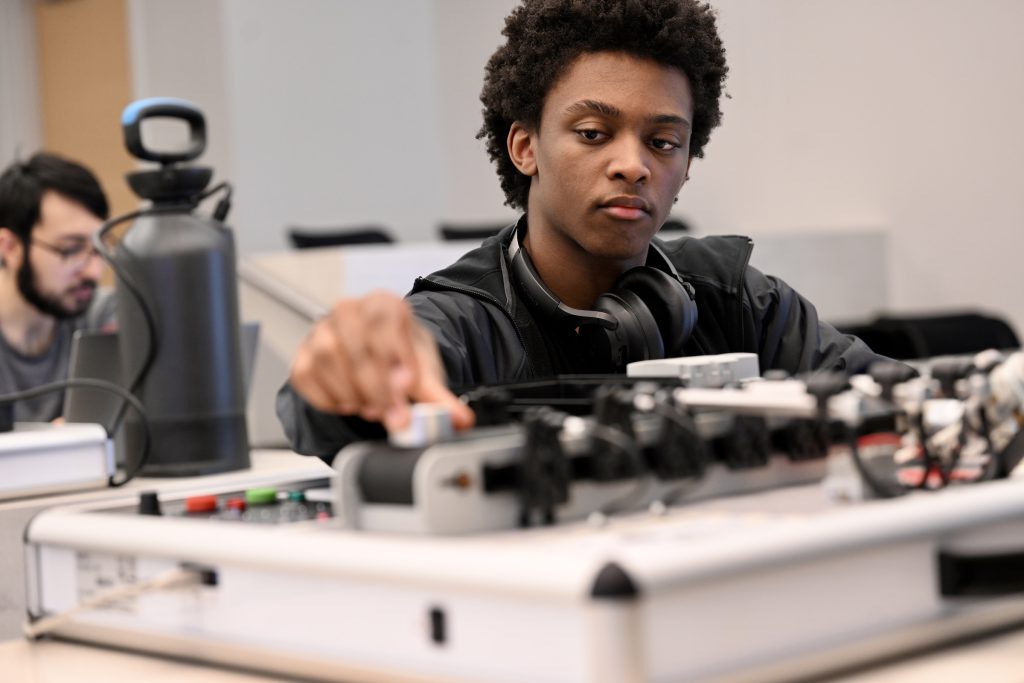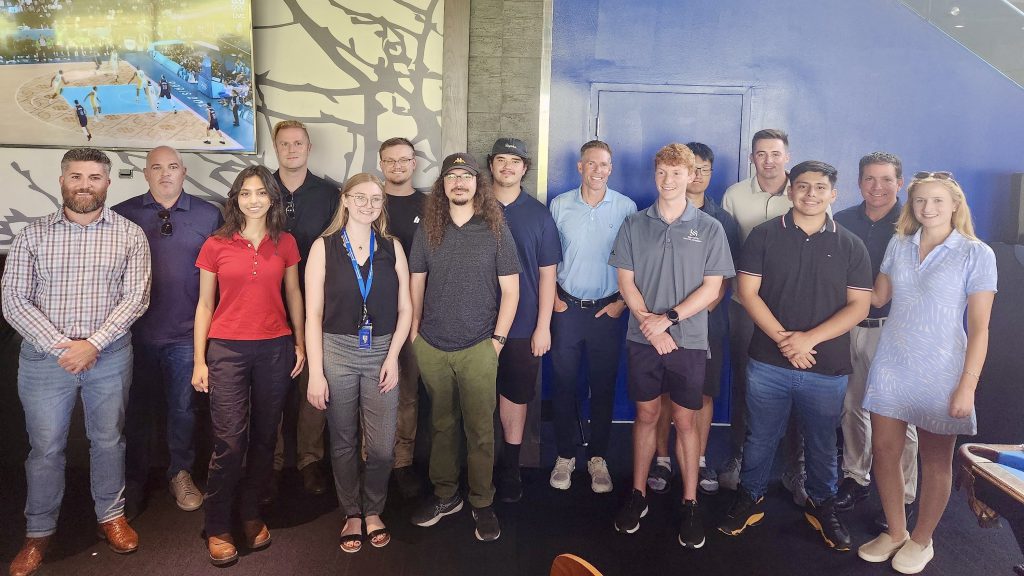On October 18, NOVA hosted an adult learners meeting to discuss opportunities for continuing education. Emphasizing its teaching-first approach, NOVA provides a unique environment distinct from many four-year universities, where research typically takes priority. At NOVA, students benefit from direct engagement with faculty, free from reliance on teaching assistants, ensuring that each learner receives personalized guidance tailored to their educational journey.
To meet the diverse needs of its student body, the college provides several class formats: in-person, live online via Zoom, self-paced online, and hybrid models. This flexibility allows individuals to shape their education around their schedules and personal preferences.
NOVA supports both academic advancement and immediate workforce entry through a variety of routes.Strong partnerships with Virginia’s four-year institutions, especially George Mason University, create smooth transitions for students pursuing bachelor’s degrees. Through guaranteed admission agreements and the “Advance” program, students can be dually enrolled as Mason students.
The college’s applied degrees and certificates prepare individuals with industry-relevant skills in fields like HVAC, engineering technology, and welding. Curricula are designed with input from industry advisory boards, ensuring graduates are ready for employment demands in Northern Virginia and beyond.
NOVA has broadened its technical offerings, including programs in HVAC, engineering technology, and automotive technology. Collaborations with companies such as Micron and General Motors enhance practical learning, with Micron recently contributing $4 million to develop an engineering simulation lab. NOVA also highlights inclusivity in the trades, with growing female participation in traditionally male-dominated areas like welding and automotive repair.
Recognizing the value of prior knowledge, NOVA allows students to apply previous experience toward their degrees, facilitating a quicker path to completion. Stackable credentials, like the OSHA 10 safety certification, provide clear steps for professional growth, while flexible course options such as evening and online classes make it easier for working students to continue their education.
With Northern Virginia’s expanding data center industry and the rise of AI, NOVA has introduced specialized programs in data center operations, computer science, cybersecurity, and AI and data analytics, preparing individuals for high-demand sectors. These programs equip students with skills needed for immediate employment in rapidly growing fields.
NOVA’s health sciences offerings, including dental hygiene, nursing, and radiography, support both those entering the workforce and those planning to transfer. The college’s short-term workforce development courses also facilitate career transitions, with certifications that make students job-ready within weeks or months in areas like healthcare and IT.
Programs like Fast Forward and FANTIC enhance the accessibility of NOVA’s technical credentials, offering partial or full tuition coverage for eligible residents.Additionally, the college provides financial aid through FAFSA for credit programs, reducing the financial burden on students.
The college’s commitment to student success extends beyond academics, with offerings such as free tutoring, counseling services, and a variety of extracurriculars. Clubs, like a unique knitting and crocheting group, foster community, while the Career and Leadership Readiness Institute (CLRI) helps students develop crucial skills in resume writing, interviewing, and leadership.
In his closing remarks, Dr. Richmond Hill, NOVA’s Provost, welcomed attendees to consider joining the “Nighthawk family.” He highlighted the extensive support available, including tutoring, library services, and faculty engagement hours. The meeting concluded with tours of NOVA’s Woodbridge campus, giving attendees a chance to explore student services and advising facilities.
With an array of programs and resources, NOVA emphasizes flexibility, lifelong learning, and strong community support, preparing students not only for immediate career opportunities but also for ongoing academic growth and personal enrichment.

